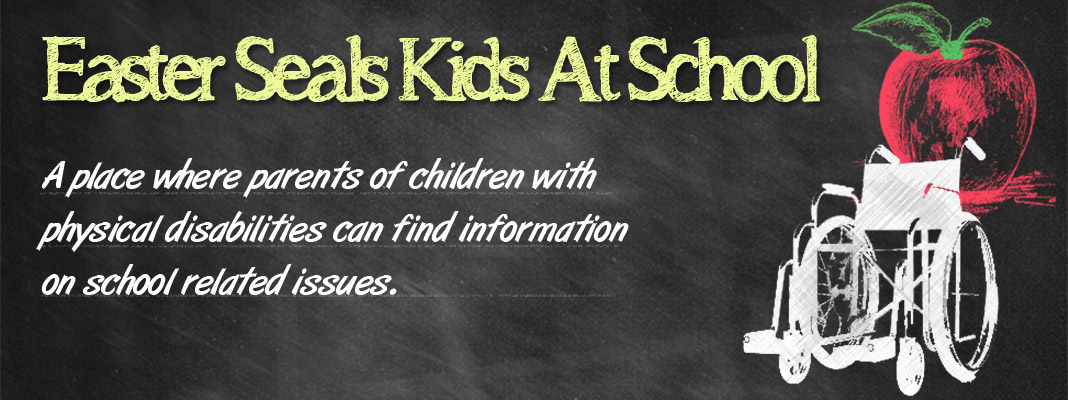Sometimes parents are concerned about the lack of local services or the wait lists for programs and services. Parents may need to advocate with service providers to get supports for their child.
Every agency will have its own process for handling concerns or appealing decisions. It is important that parents find out about that process and follow the protocol. In most cases, parents are encouraged to start by talking to the person who has made the decision. If not satisfied with the response, the parent can ask to speak to the supervisor and for the guidelines on taking their concern forward.
It is very important to remain polite and positive. Agency staff want to do what is best for your child, and often they are not in a position to resolve the problem. By maintaining a positive relationship the family will be able to continue to work positively in the interests of the child.
In many cases the parent may be required to put their concerns in writing. It is a good idea to take time to complete the form or write the letter. Review it carefully to make sure your concern is clear and accurate. You may want to wait till the next day or have a friend or family member review the letter before you mail it.
The complaints procedure may take time and have several stages. It is important to follow the process. If you are not satisfied with the result you may want to advocate to the decision makers. All agencies, school boards and organizations will have a governing body that makes decisions about how programs and services are provided and how resources are allocated. You can ask the service provider for information on the governing body, such as the Board of Directors or elected Trustees.
There are a few ways you can advocate with political decision makers. The first is to write a letter with your concerns and identify what solution you would like to see. In the letter, or by phone, you could also ask for a meeting. At the meeting you can share your personal story and what can be done to help your child.
Another strategy is to connect with other parents that may have the same concerns as you. You can find out about other parents in the same situation through friends and family, at local parent groups, or through local and provincial advocacy groups. Once you have identified that there are many people being affected by the same problem you can work together to bring awareness to the issue, through the media or information displays, and you can advocate as a group.
Occasionally, parents may want some legal advice about their concerns about programs and services for their child. The following resources may be helpful.
